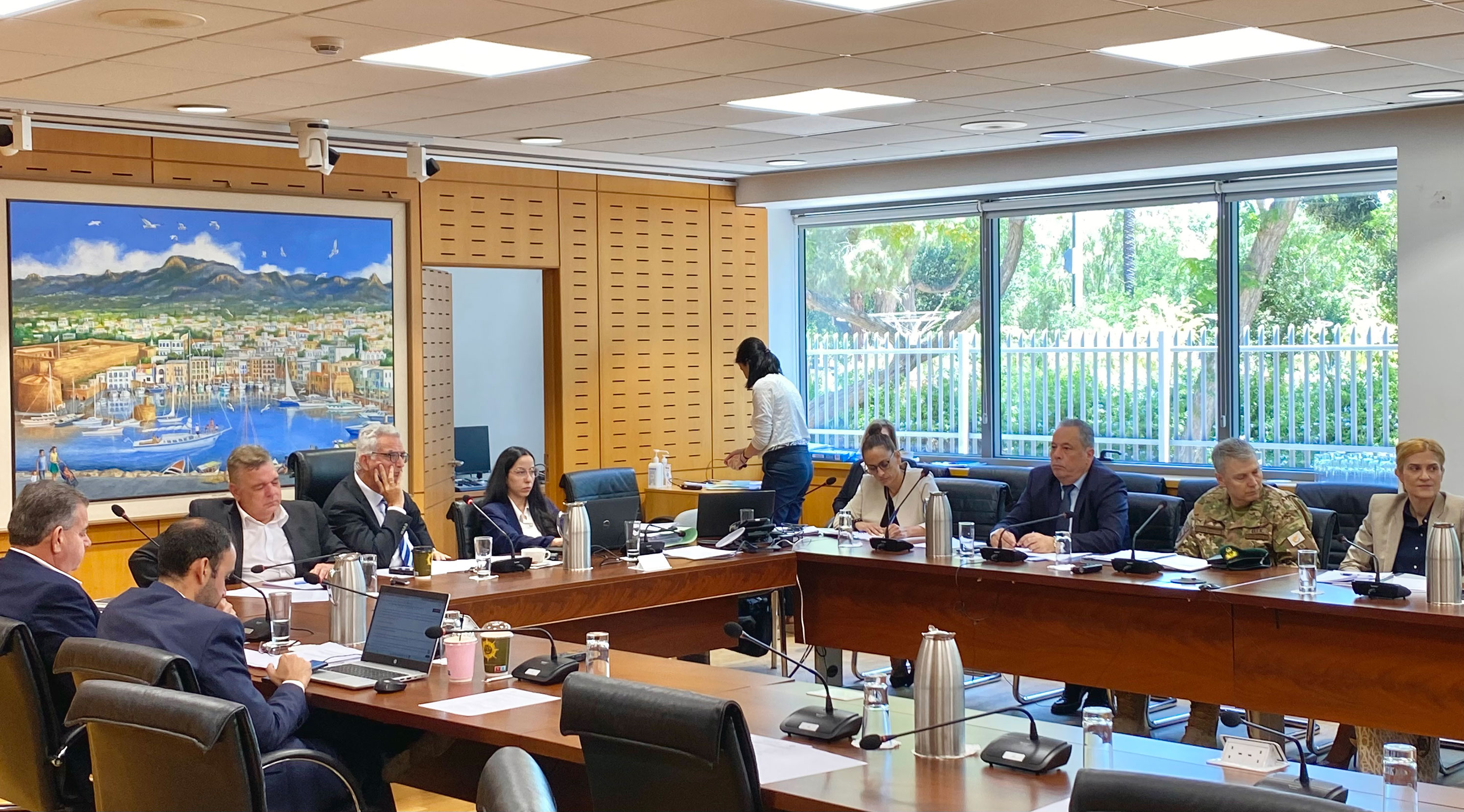Cyprus’ defence industry has expanded significantly in recent years, growing from just a handful of companies to around 30, and now generates approximately €40 million in annual revenue, the House energy, commerce and industry committee heard on Tuesday.
Defence Minister Vasilis Palmas described the industry as a matter of “emblematic importance” and reaffirmed that its development remains a priority for the government.
Tuesday’s committee meeting focused on the growth of the defence sector and the role of innovation in sustaining its momentum.
Palmas said the industry is now capable of producing complete products and supplying both the broader public sector and private enterprises, thereby benefiting other areas of the economy as well.
He added that companies active in the defence industry also draw funds from the EU, certifying in a way their credibility.
The defence ministry also provided funding to companies to promote their products and participate in exhibitions around the world.
Regarding the distribution of EU SAFE programme funds for armaments, Palmas explained that up to 60 per cent was be distributed to large countries and that a smaller share remained to be shared among the rest.
Greece and Cyprus have been raising the issue of proximity to Turkey and requesting that the EU see them in a different light, he added.
Panayiotis Symeou, head of military equipment at the defence ministry, said efforts are underway to broaden international collaborations. He emphasised that the Cypriot defence sector is not solely focused on meeting military needs but also plays a broader economic and strategic role.
Panayiotis Hadjipavlis, head of general procurement and defence capability development, said it was crucial that Cyprus has secured grants from the European Defence Fund.
One such grant, worth €500,000, is funding the development of a new national defence industry strategy, expected to be completed within 18 months.
National Guard chief of staff lieutenant general Georgios Tsitsikostas told the committee that there were major delays in the supply chain and it was imperative to secure defence equipment, which was one of the reasons many countries were seeking to develop their own products.
This, he said, is one of the main reasons many countries are now working to develop their own defence products.
The association of research and innovation companies described the defence ministry’s role as “pivotal” in fostering business activity in the sector, including through the creation of new departments and directorates.
Representatives from the Cyprus Chamber of Commerce and Industry also participated, noting that the number of defence companies has grown from just two or three to 30 in recent years.
The chamber’s deputy secretary general, Andreas Andreou, said Cyprus was previously absent from the European defence industry map, but progress has since been made, including in securing EU funding for product development.
The Employers’ and Industrialists’ Federation (OEV) stressed that the need to advance the defence industry is self-evident and called for sustained state support.
Representatives from universities and the deputy research ministry also pledged their support for the sector, particularly in the areas of research and innovation.
University of Cyprus Rector Tasos Christofides stressed the need for procedural flexibility to ensure that available defence technologies are not outdated by the time they are deployed.
Deputy research ministry officer Christos Aspris said emphasis was being placed on cybersecurity and digital policy and that increased funds were being allocated for research in centres of excellence.
Speaking after the meeting, committee chairman and Disy MP Kyriakos Hadjiyiannis said Cyprus must accelerate efforts to develop its defence industry.







Click here to change your cookie preferences